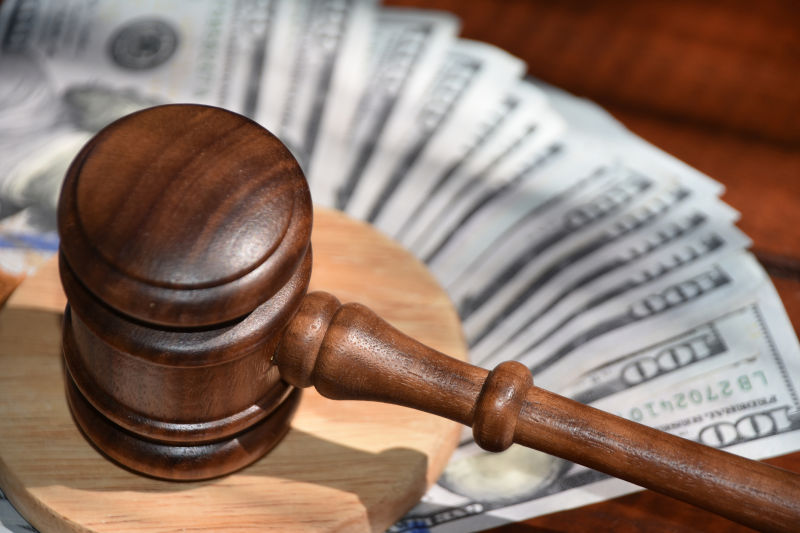
The attorneys who moved the song Happy Birthday into the public domain will receive $4.62 million in fees, according to a judge's fee order (PDF) published Tuesday. The amount, which equals one-third of a $14 million settlement fund, was granted over objections by the defendant, Warner/Chappell.
After various billing deductions, US District Judge George King found that a "lodestar" payment of about $3.85 million was appropriate. King then added a multiplier.
"Given the unusually positive results achieved by the settlement, the highly complex nature of the action, the risk class counsel faced by taking this case on a contingency-fee basis, and the impressive skill and effort of counsel, we conclude that a 1.2 multiplier is warranted," wrote King.
Five lawyers billed the "vast majority" of the hours, charging rates that varied between $395 per hour and $820 per hour. The most work was done by Randall Newman, who billed 2,193 hours at $640 per hour. King found the rates were all reasonable given "the cases cited, the National Law Journal survey, and our own experience."
The battle over "Happy Birthday" began in 2013, when Newman joined up with Jennifer Nelson, who made a documentary about the song. Like anyone using the song in a movie, Nelson had been forced to pay royalties to Warner/Chappell. In her case, the payment was $1,500.
The song was allegedly copyrighted by Warner/Chappell in 1935, although the song appears in songbooks going back to the 1920s.
Warner fought back, but a turning point came in 2015, when the judge found the copyright transfer to Warner/Chappell wasn't valid. He also noted that there's no solid proof that the authors, Patty and Mildred Hill, were the original authors at all.
"[A] reasonable fact finder could also find that the Happy Birthday lyrics were written by someone else... and that Patty’s 1935 claim to authorship was a post hoc attempt to take credit for the words that had long since become more famous and popular than the ones she wrote for the classic melody," King wrote.
Ultimately, Warner agreed to a settlement that placed the song in the public domain, and the company paid $14 million. According to the settlement agreement made public in February, individuals and companies who paid licensing fees after 2009 are eligible for a full refund. Those who paid licensing fees before 2009 are eligible for partial refunds.
Newman and his colleagues are now working to free up other famous songs that they say have fraudulent copyrights. In April, they sued over the African-American spiritual "We Shall Overcome." In June, the same group of lawyers sued over the Woody Guthrie tune "This Land is Your Land."
reader comments
125